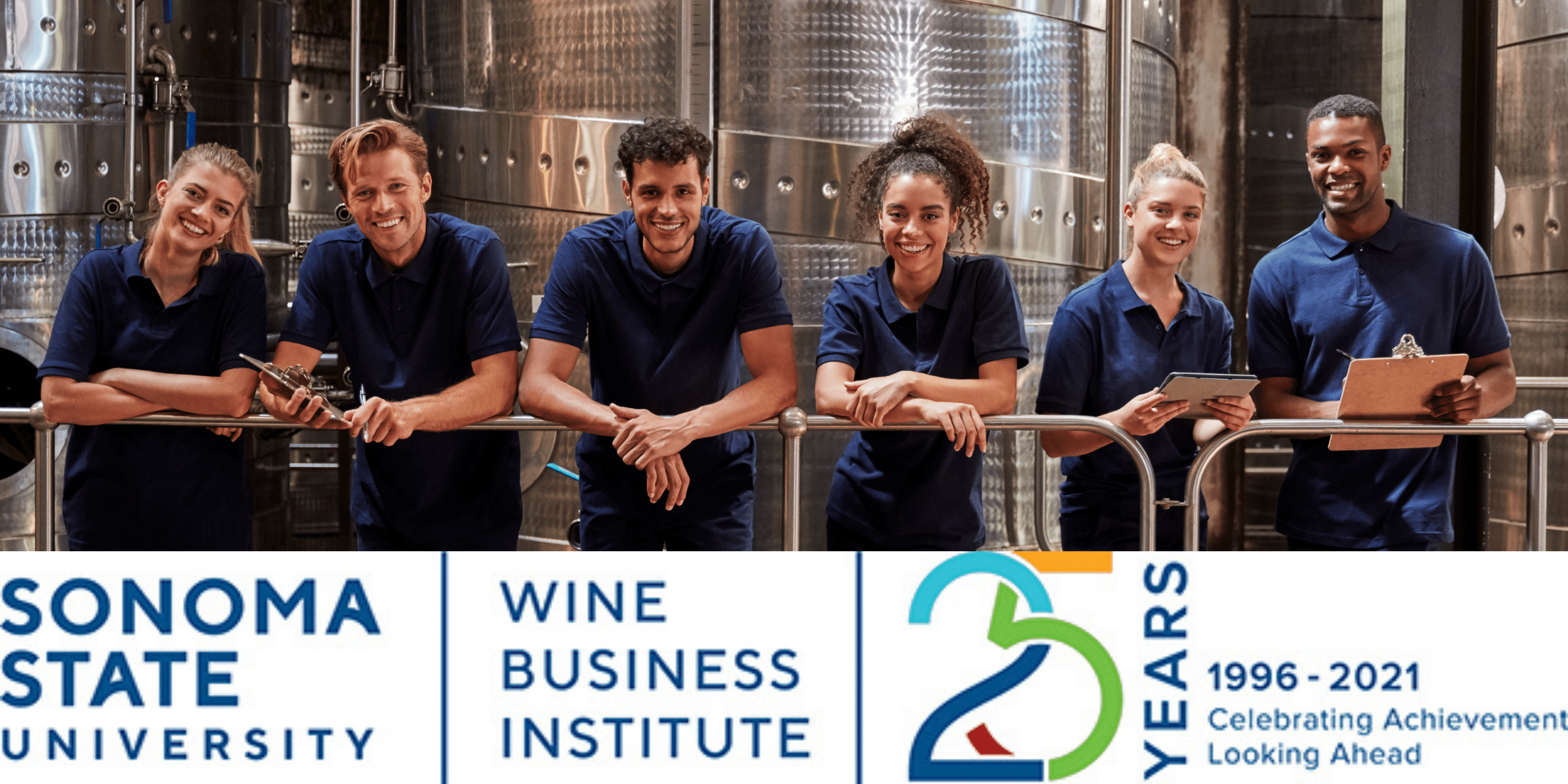
Program Overview:
The Wine Business Management (WBM) Online Certificate is developed and taught by industry experts from our world class wine region, Sonoma County. This 28-week program includes a 4-week Foundation course; an 8-week Intermediate course and a total of 16 weeks of elective advanced courses. If you are just getting started in the wine business industry the 28-week program is for you. This comprehensive professional business certificate addresses key industry areas, including:
- DTC and e-Commerce
- Strategic Wine Marketing
- Wine Sales Management
- Wine Production and Operations
- Financial Management
- Wine Import and Distribution
- Wine Club Management
- Social Media for Wine Business
Certificate Benefits:
- All courses delivered online
- 4-6 hours weekly commitment
- One-hour weekly live webinars
- Non-Credit courses
- No time limit to complete the certificate program
- Average time to complete is 12 months
Current Course and Workshop Schedule:
| Class | Dates | Live Classes | Instructor | Fee | Registration Deadline |
|---|---|---|---|---|---|
| Intermediate: A Survey of the Key Drivers in a Wine Business | 3/7 - 5/2 |
Thursdays 5-6 pm PST |
David Bower | $1,250 |
03/05/2024 |
|
Workshop Winery Compliance |
3/29
|
Friday 8 a.m. - 4 p.m. In person |
Alicia Cronbach |
$420 |
3/27/2024 |
|
FA Certificate: Best Practices of Wine Industry Accounting |
4/3 - 5/29 |
Wednesdays 6-7 pm PST |
Maria Dillingham |
$1,250 |
04/01/2024 |
|
WBM Course Social Media Marketing |
4/9 - 5/7 |
Tuesdays 6-7 pm PST |
Stephanie Peachey |
$795 |
04/04/2024 |
-
Payment for each course is due upon registration
Certificate Program Application
Have Questions? Contact Christien